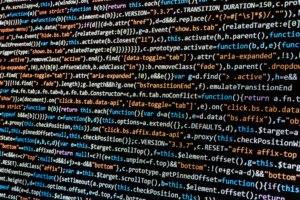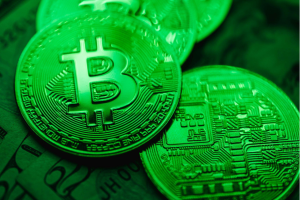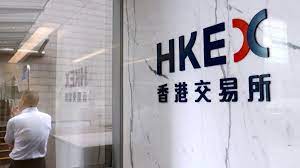Tokyo Stock Exchange aims to use AI to detect unfair trading
JPX-R and TSE are testing AI solutions, developed by NEC and Hitachi, for market surveillance.

One more step has been made towards the use of Artificial Intelligence (AI) solutions in the trading industry, and, without any surprises – this is happening in Japan again.
Today, Japan Exchange Regulation (JPX-R) and Tokyo Stock Exchange, Inc. (TSE) announced they are working on applying AI to market surveillance operations by using technologies developed by NEC Corp (TYO:6701) and Hitachi, Ltd. (TYO:6501).
NEC’s RAPID machine learning and Hitachi’s Hitachi AI Technology/H (you may have heard of it as “H”) were used in preliminary investigations. The tests showed that AI solutions were highly accurate in identifying the possibility of unfair trading.
One advantage of such systems over conventional surveillance systems, which determine cases of unfair trading based on preset patterns, is that AI is able to learn on its own and determine the possibility of unfair trading. “H”, for instance, is known for its ability to learn from voluminous amounts of data and make judgments on its own, thus removing the need for people to set up hypotheses in advance and finding solutions that human beings had not even conceived.
Regarding their futures plans, JPX-R and TSE say they will apply AI technology in preliminary investigations, whereas surveillance personnel will focus on detailed investigations. The final decision in such investigations will still be made by surveillance personnel.
The exchanges will keep working toward the actual application of AI to market surveillance this year.
Japan is famous for its welcoming approach towards novel technologies, robotics and AI. This trend has already affected the Japanese financial services sector, where AI is replacing human beings in certain roles. In January this year, FinanceFeeds reported about Japan’s Fukoku Mutual Life Insurance plans to lay off 34 members of its staff, replacing them with IBM’s Watson Explorer Artificial Intelligence system.
Whereas there have been calls to protect human employees’ rights with regards to the advances of AI in the labour market, some consider that AI will actually improve the quality of human work and will take it to the next level rather than make human beings useless.









